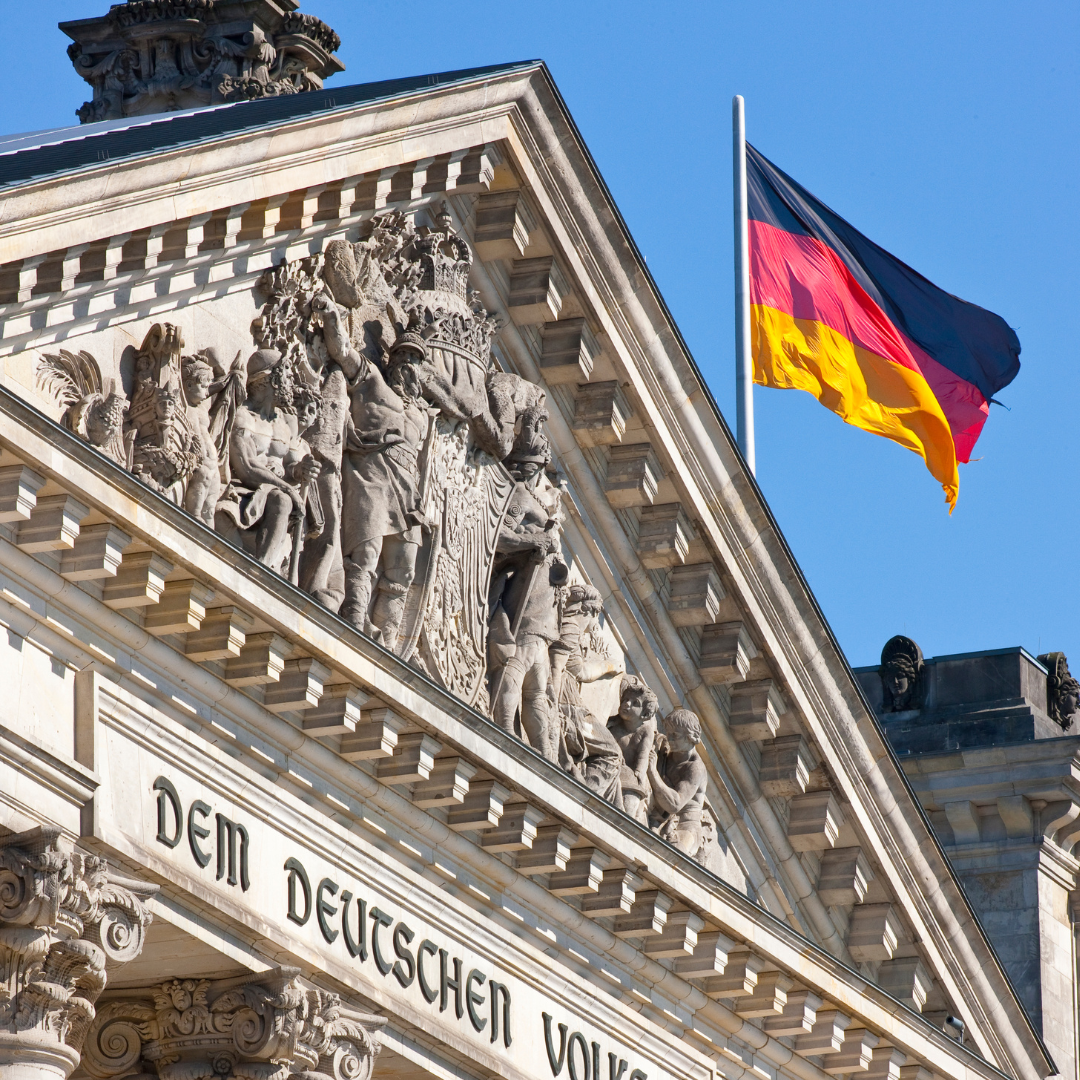
Summary
- Singapore continues to set a global standard for integrating crypto with traditional banking, driven by forward-thinking regulations and a thriving financial ecosystem.
- In 2024, MAS introduced regulations enhancing transparency, protecting investors, and ensuring safer digital asset custody, including strict conflict-of-interest policies.
- Singapore’s largest bank, DBS, pioneered new crypto financial products for institutional investors, while over 1,000 Web3 companies established operations, further solidifying Singapore’s position as a key player in global crypto development.
- More crypto in action stories can be found here.
In 2024, Singapore continues to lead the world in integrating crypto with traditional banking. Through its forward-thinking regulatory frameworks and a vibrant financial ecosystem, the city-state positioned itself as a global crypto hub. With major financial institutions embracing digital assets and robust new regulations in place, Singapore’s approach is setting the standard for crypto and finance integration on a global scale.
MAS and its Crypto Regulations
At the forefront of Singapore’s leadership in the crypto space is the Monetary Authority of Singapore (MAS). In 2024, MAS introduced a series of regulations aimed at fostering innovation while ensuring consumer protection. These new rules are designed to enhance transparency, accountability, and safeguard investors, especially in the highly volatile crypto market.
Key Custody Requirements
One of the major developments in 2024 is MAS’s clarification of how customer assets should be safeguarded. Under the new regulations, companies offering Digital Payment Token (DPT) services are required to segregate customer assets in a trust account, which offers better protection than a general custody account. This means businesses must review and ensure that these trust accounts are regularly assessed and protected, ensuring customers’ assets are secure in case of operational risks. This move boosts investor confidence by emphasizing asset safety.
Conflict of Interest Management
To further enhance trust in the digital asset ecosystem, MAS introduced strict conflict-of-interest policies. DPT service providers must now identify, mitigate, and disclose potential conflicts of interest to their customers. By making these conflicts transparent, the MAS ensures that businesses operate with higher levels of integrity and accountability, offering a safer environment for investors. This regulation enhances transparency and helps prevent issues that could arise from undisclosed conflicts within companies operating in the crypto space.
Stricter Listing Criteria for Crypto
MAS’s new regulations also tackle the issue of crypto listings. Exchanges are now required to follow clear policies and procedures for listing new cryptocurrencies, ensuring that only well-vetted and legitimate digital assets are available for trading. This move aims to reduce the risks associated with speculative and poorly vetted cryptocurrencies, protecting investors from potential scams and unreliable coins.
Risk Awareness for Retail Investors
In an effort to safeguard retail investors, MAS made it mandatory for DPT service providers to assess their customers’ understanding of the risks involved in trading crypto before they are allowed to invest. This risk awareness assessment ensures that retail investors are fully informed of the volatility and potential losses they could face in the market, preventing inexperienced users from making uninformed investment decisions.
DBS Bank Pioneers New Crypto Offerings
Singapore’s largest bank, DBS, is also playing a key role in the country’s growing dominance in crypto finance. In 2024, DBS became the first bank in Asia to offer over-the-counter (OTC) crypto options trading and structured notes. These financial products allow institutional investors to hedge against market volatility and potentially earn yields, marking a significant step toward making crypto assets more accessible and manageable for traditional financial institutions.
This move by DBS reflects the growing demand for institutional-grade crypto services and highlights how traditional financial institutions are beginning to adopt digital assets in response to market needs. By offering these new products, DBS is giving its clients the tools to participate in the crypto market with a greater degree of security and flexibility. Learn more about DBS’s latest offerings here.
A Thriving Crypto Ecosystem
Beyond regulations and banking innovations, Singapore is home to a rapidly expanding crypto ecosystem. By 2024, more than 1,000 Web3 companies had established operations in the country. This explosion of blockchain-related startups and fintech firms is transforming Singapore into a vibrant hub for crypto development and collaboration.
Major banks, including DBS and Standard Chartered, are leveraging blockchain technology to streamline their operations, improve transparency, and offer innovative services. This proactive adoption of blockchain within traditional banking is further solidifying Singapore’s reputation as a global leader in the integration of finance and cryptocurrency.
For more insights into Singapore’s crypto regulations and the wider ecosystem, read more on Singapore’s thriving crypto landscape.
In 2024, Singapore is undoubtedly leading the way in integrating cryptocurrency with traditional finance. Through proactive regulations by the Monetary Authority of Singapore, innovative banking solutions from institutions like DBS, and a thriving ecosystem of Web3 companies, Singapore has set itself apart as a global model. As more countries look to harmonize crypto and finance, Singapore’s balanced approach to innovation and regulation offers a blueprint for success.

























